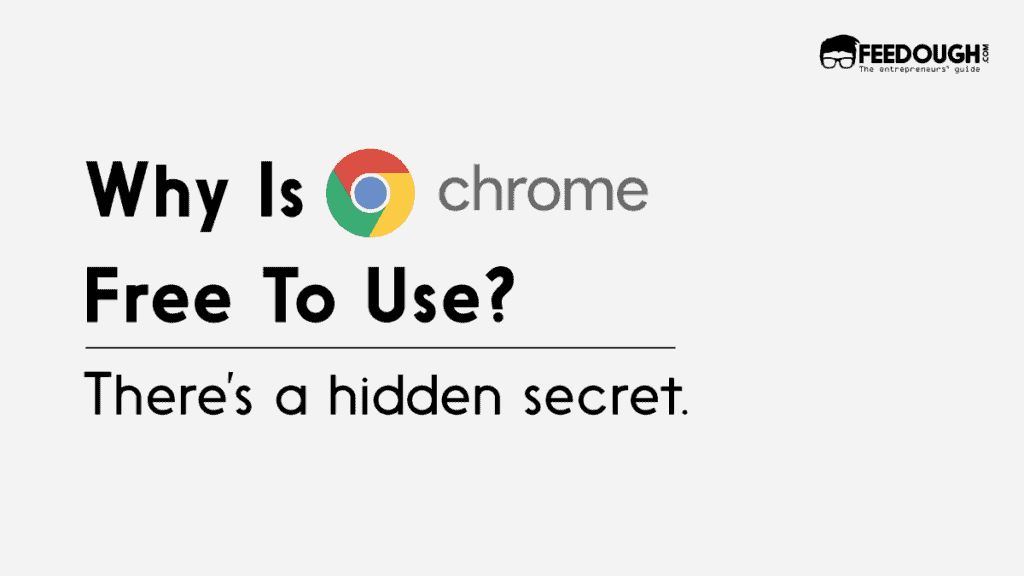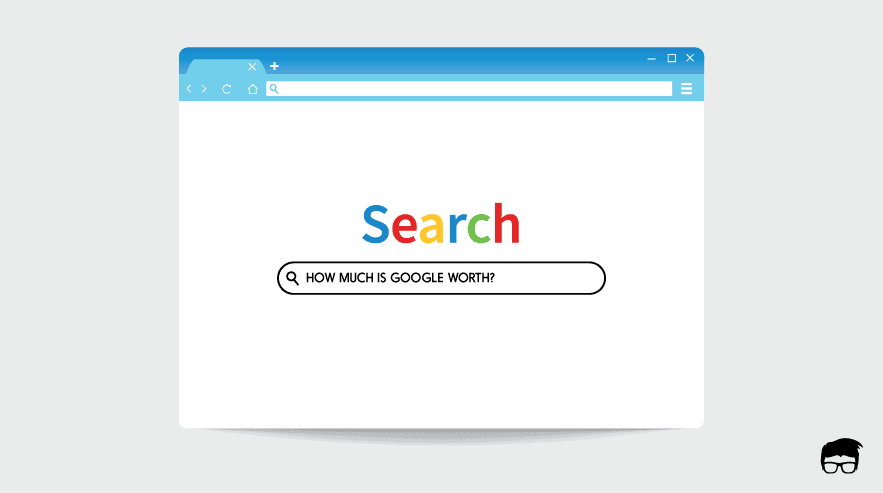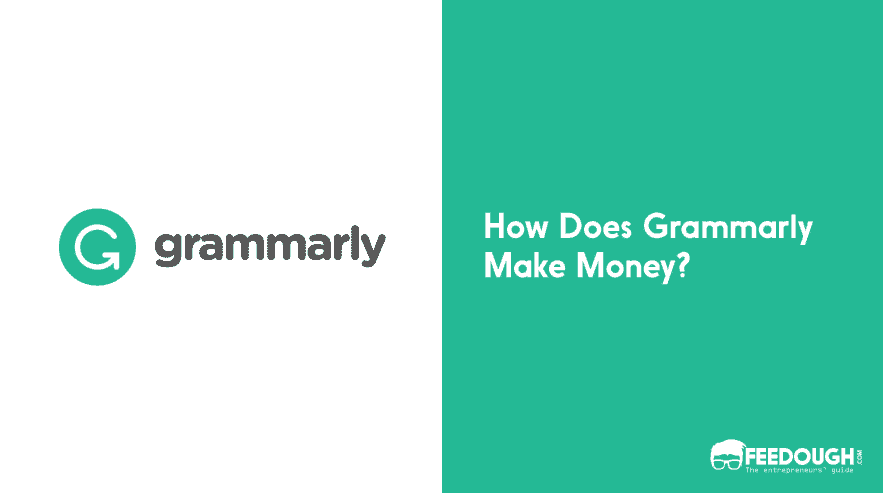Even though with the existence of so many browsers in the world, Google Chrome manages to be the king of all. Since its inception, it has become the most popular web browser surpassing Mozilla’s Firefox, Microsoft Edge, Safari etc. You casually want to surf the internet and your brain automatically looks for Chrome without even considering other options. With offering a user friendly experience, Chrome has managed to capture as much as 64% of the market share and establish a dominant market position.
With 2.65 billion daily users across the world, Google could easily charge its services for Chrome and earn huge revenue. But, it still chooses to offer its services for free. Ever wondered why?
Battle of the browsers
Looking back at the time before Chrome was developed; Google was just a search engine. With Safari compatible only with Apple devices, Internet Explorer and Firefox were the two major competitors in the market. The primary income source of these browsers was the search royalties being paid by search engines.
Search royalties refers to the percentage of advertising revenue that an external browser receives whenever you use a search engine built in the that browser.
Quite obviously, the lion’s share in these royalties was paid by Google, the default search engine.
Now, while on one hand, browsers were completely reliant on Google for royalties; Google relied on these browsers for its search traffic.
Inception of Chrome
Google feared its dependence over other browsers for the search traffic and this led to the inception of its own browser, Chrome.
The company wanted to create a better and modern browser by adding more value to the users and encouraging web innovation. Moreover, it also had enough money and resources to build a browser on existing technologies and adhering to web standards.
Chrome was built not just as a browser but a platform for a vivid interaction of web applications and users across the world.
Today, Chrome is the most favoured browser in the world. The competition among other browsers exists in the form of regular updates and new versions launched regularly. But, none is able to overthrow Google from its throne.
But How does Chrome make money?
Chrome is free to use by all and hence does not make any money.
While offering such a wide range of services, Google sources its revenues from different origins, the majority chunk being advertising. Chrome saves money by avoiding royalty expenses and helps Google earn more.
How does Chrome save money?
With the introduction of Chrome in 2008, Google’s revenue model changed drastically and the revenue went on increasing per year. With the launch of Chrome, instead of paying search royalties to an external browser, the entire amount was saved from booking as an expense by using Chrome.
An annual revenue of $16.6 billion was generated in 2007 and the next year marking the introduction of Chrome, the figure showed a 30% increase, standing at $21.6 billion. Chrome however gained popularity in 2012 when it managed to achieve market dominance and Google earned a massive $50.18 billion in revenue.
How does Chrome help Google earn?
Chrome tracks user data gathered through each and every activity you perform on the web using Google services. All this data is used to improve Google’s AdWords and Adsense programs. User preferences are matched and are used to display relevant ads to the users. Google gets paid per click results, page views and engagement.
With Google as the in-built search engine in Chrome having a user friendly interface, it makes web surfing easier and grants more visibility to the ads. While the advertising revenue from the ads displayed on websites goes to the websites itself, a major amount of the same is taken up by Google.
Growth of Chrome
Chrome was made available to the public through an open-source browser project called Chromium. It generates the source code on which Chrome is built and allows developers to review the code and build multiple browsers. This resulted in the introduction of Opera Mini, Brave, and Vivaldi etc. Even Microsoft started reassembling Edge based on Chromium source code. Chrome gradually developed into a cross-platform and was very soon ported to Linux, Android and even iOS and macOS. It was made the default web browser built-in Android OS. Porting to iOS served as a boost as Apple did not allow external browsers to operate in its space.
Mozilla struck a deal with Yahoo in 2014 to make it the default search engine for Firefox. It was only a matter of a couple of months as people started setting their default back to Google, which led to an early termination of the contract. With such market dominance, when Google develops its own browser, you are bound to shift to a trusted alternative.
With so many browsers using different Google technologies for their own working, web standards developed with Chrome as the face in mind. As web standards became increasingly compatible with Chrome, its market share increased giving Google even more money for developments in Chrome.
Google was able to launch a desktop operating system around Chrome known as ChromeOS. It is built in the Chromebooks which you might be using at your home right now. Chromebooks are a huge success and are one of the most popular devices in the market.
Bottom line?
Using Chrome has become synonymous to Google itself given that Google has managed to create a whole ecosystem out of its services. Using one product encourages the use of another due to integration of the services. If you use Chrome, it’s highly likely that you go for Gmail, Drive, Docs and Sheets as well. Not only software, but Google offered its products in the physical market as well by offering Pixel smartphones, Chromebooks, Google assistant etc. Having the most resources, Google managed to develop a browser which forfeits all the drawbacks of the existing ones and adds up the advantages of all in one single product. It managed to deliver the perfect product at the right time and for free which paved its way to becoming the most popular web browser.
Go On, Tell Us What You Think!
Did we miss something? Come on! Tell us what you think about our article on why is Chrome free? in the comments section.
A startup enthusiast, optimist and full time learner. With keen interest in finance and management, Khushi believes communication to be the key to every management. Always ready to explore more and walking that extra mile in putting efforts.








